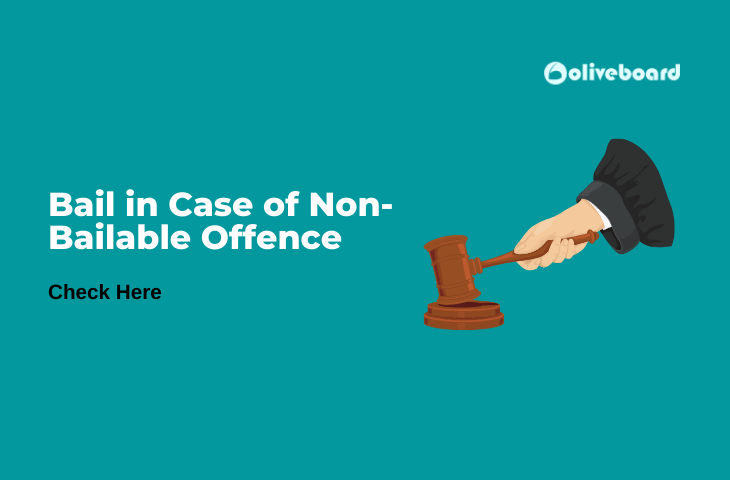Mr. K. K. Venugopal, learned Attorney General for India, made a mention, bringing to our notice a judgment dated 19.01.2021 passed by the High Court of Judicature at Bombay, Nagpur Bench, in Criminal Appeal No.161/2020 wherein the High Court has apparently acquitted the accused under Section 8 of the POCSO Act, 2012 on the ground that the accused had no sexual intent in committing the offence under POCSO Act because there was no direct phyical Signature Not Verified contact, i.e., skin to skin. Read the Summary of Attorney General for India vs Satish & Another. You can also download the actual judgment PDF from the blog.
Summary of Attorney General for India vs Satish & Another
[Special Leave Petition (Criminal) Diary No(S). 2286/2021]
In what tantamount to a major relief for the Sexual Offences against Minor’s regime, the Supreme Court has set aside a profoundly contentious Bombay High Court ruling which had laid down that for an offence of sexual assault against a minor under Section 7 of the Protection of Children from Sexual Offences Act 2012, ‘skin to skin’ constituted an essential ingredient.
Briefly, the facts pertained to a man who had lured a minor girl aged 12 into his house on the pretext of giving her guava and subsequently engaged in groping her and pressing her body parts from over her clothes while further attempting to remove her clothes. Very controversially, a single judge Nagpur bench of the Bombay High Court interpreted the purport of Section 7 of the Protection of Children from Sexual Offences Act 2012 and its usage of the words ‘touch’ and ‘physical contact’ as necessitating ‘skin to skin’ contact in addition to the presence of ‘sexual intent’, in order to be punishable.
This line of reasoning was employed to acquit the accused of charges under Section 7 of the Protection of Children from Sexual Offences Act 2012, as according to the court, merely touching or pressing the clothed body of the girl was not sufficient to constitute ‘skin to skin’ contact. Instead, the accused was convicted of an offence under Section 354 of the Indian Penal Code 1860 (which deals with assaulting a woman to outrage her modesty) and handed a jail term of 1 year. The judgment engendered a massive backlash in the legal community and was severely criticized for its regressive interpretation of Section 7 of the Protection of Children from Sexual Offences Act 2012.
On appeal, the Supreme Court emphatically overruled the judgment and held in clear terms that for an offence of ‘sexual assault’ as contemplated under Section 7 of the Protection of Children from Sexual Offences Act 2012, what is essential is the ‘sexual intent’ that accompanies the accused person’s impugned conduct, and for the purposes of this assessment, ‘skin to skin’ contact holds no relevance whatsoever. The Apex Court’s intervention was sought to, vide an appeal filed by KK Venugopal (Attorney General of India), wherein he posited how the contentious judgment advanced a “very disturbing conclusion” and had the capacity to set a dangerous precedent.
The three-judge bench described the High Court’s assessment of the purport of Section 7 as absurd and noted how equating the requirements of ‘touch’ and ‘physical contact’ enumerated under the aforesaid section to instances of ‘skin to skin contact’ would end up destroying the rationale of the provision. The court noted how if such were the case, then an individual intending to assault a minor could conveniently resort to using surgical gloves in order to escape the requirement of & skin to skin’ contact and thus circumvent the provision’s applicability. Furthermore, the intent of the legislature behind enacting the provision could only be effectuated if a wider interpretation was attributed to the text of the provision, rather than staying confined to a narrow and pedantic interpretation. This, according to the court, would entail scrutinizing whether the impugned act was accompanied with ‘sexual intent’, regardless of whether ‘skin to skin’ contact was involved in the process.
- RJS Answer Key Released – Check Now

- Bail in Case of Non-Bailable Offence

- Important Judgements For Judicial Services Examination

- Article 21: Important Judicial Decisions On Different Dimensions Of Article 21

- Attorney General for India vs Satish & Another – Summary

- How to Crack Judicial Services Examination | Tips & Tricks By Experts


The most comprehensive online preparation portal for MBA, Banking and Government exams. Explore a range of mock tests and study material at www.oliveboard.in